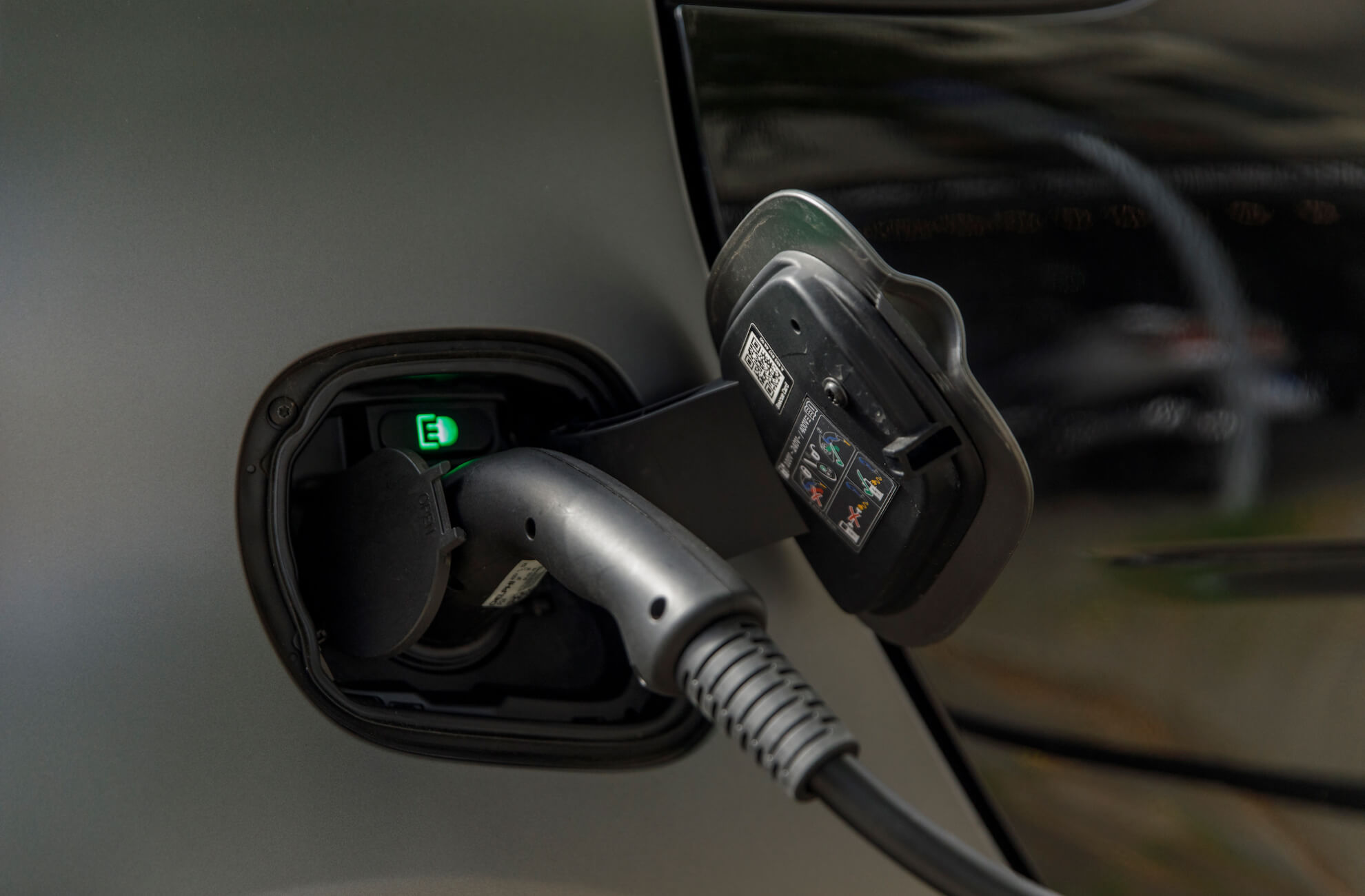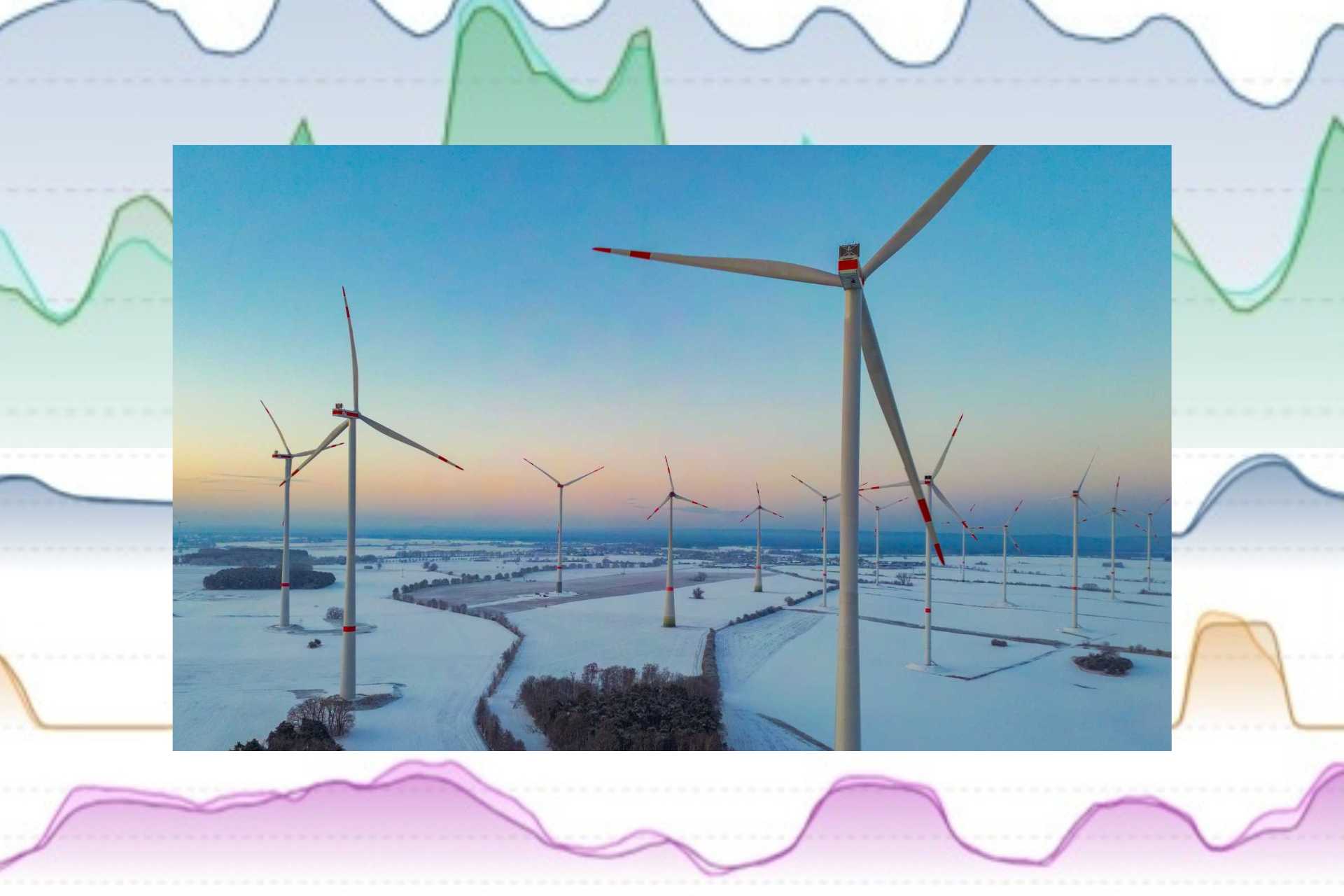
Get the latest climate technology news directly to your inbox.
A new chapter for Toyota’s vehicle-to-grid tech
The once-reluctant EV-maker is embarking on another round of bidirectional charging research.

Photo credit: Carsten Koall / picture alliance via Getty Images

Photo credit: Carsten Koall / picture alliance via Getty Images
A year after Toyota debuted a vehicle-to-grid research project in Texas, the automaker is bringing its flirtation with bidirectional charging to California via a new partnership with San Diego Gas & Electric.
The collaboration aims to “find synergies between the needs of [battery electric vehicle] owners and the needs of the electricity grid,” the company said in a press release, “as well as explore how to communicate with BEV owners about the potential benefits of bidirectional capabilities.”
Research will use Toyota’s bZ4X model (the company’s first and only mass-produced EV), and will be conducted at SDG&E’s San Diego campus using technology from bidirectional charging startup Fermata Energy, the companies said.
Toyota’s EV history has been something of a rollercoaster. After early hybrid vehicle market success with the Prius, the company lobbied against the shift to EVs, and has generally lagged behind its peers on electrification.
However, a 2022 partnership with Texas transmission and distribution utility company Oncor — which was Toyota’s first foray into bidirectional charging — seemed to signal a change in mindset for the automaker. And earlier this year, under the leadership of a new CEO, the company announced plans for ten new BEVs, as well as the development of a dedicated EV platform.
But that embrace of EVs — and related investment in V2G research — still leaves Toyota to battle in the wake of other automakers. General Motors, for example, has said that at least five of its 2024 EV models will have bidirectional vehicle-to-home charging capabilities, and that all models will be V2G-equipped by 2026. Tesla models will reportedly offer bidirectional charging capabilities by 2025; BMW is already testing bidirectional capabilities with Pacific Gas & Electric; and Volvo is investing in bidirectional tech startup dcbel.
In yet another indication of the earnestness of its late-breaking commitment to EVs, Toyota also announced in mid-November a contract with Redwood Materials to purchase recycled battery components for use in its forthcoming North Carolina plant, set to come online in 2025.
The companies said this agreement expands on an existing partnership in which Redwood Materials recycles and repurposes batteries from Toyota’s earlier generations of hybrid vehicles, like first generation Prius models, many of which are now being retired in Northern California.
Toyota will now source cathode active materials and anode copper foil from Redwood Materials’ Nevada facility, though the company is expected to break ground on a second factory later this year in South Carolina.





